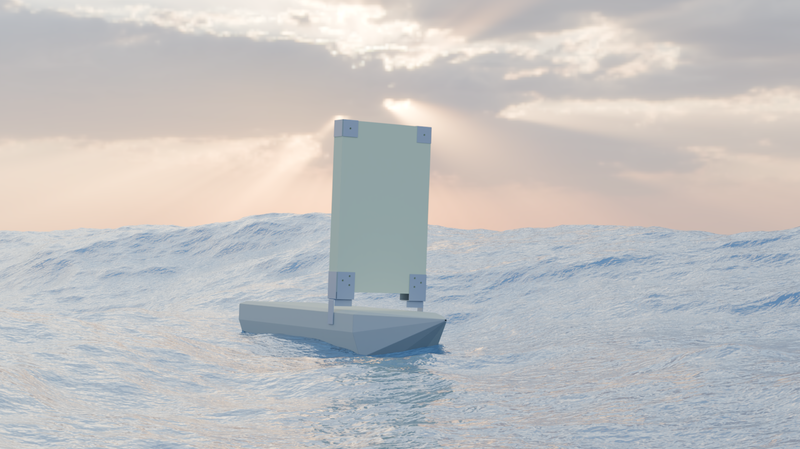Students from the KoNaR Robotics Scientific Club of Wrocław University of Science and Technology are working on a robotic unmanned boat that is expected to cross the Atlantic Ocean, using renewable energy sources. The voyage will begin in November 2025, but the first tests on the Oder River are already planned for March.
Crossing the Atlantic is the main task in the Microtransat Challenge announced in 2005, a competition to design and build an unmanned sailboat less than 2.4 meters long that can cross the ocean. So far, more than 30 attempts have been made to cross the Atlantic, but only one has been successful. In 2018, the SB Met boat, built by the Norwegian company Offshore Sensing, covered the route from Newfoundland to the coast of Ireland in 79 days.
The designs entered in the competition can compete in two categories – autonomous, which does not allow any human interaction with the boat, and robotic, which allows various types of data to be sent to the boat, including, among other things, commands to change course. It is in the latter category that the students of the Wrocław University of Science and Technology are preparing to participate. Their boat is to cover the route from the Canary Islands to the Caribbean.
The boat’s hull will be made of stainless steel, as will the centerboard fin, making the whole structure much more stable, so that in the event it capsizes, it will be able to get back up again. On the other hand, the small sail, placed in the bow of the boat, will be made of fiberglass and composites. Energy to power the electronic systems will come from photovoltaic panels.
The boat will also be equipped with a satellite communication system, a GPS system, which will allow up-to-date tracking and reporting of its position (as required by the competition organizers), as well as possible course correction, and a camera that automatically takes pictures of the surroundings.
For the implementation of their project, the students have already won funding from the Manus Foundation’s “Propeller” program; they are also working with local companies and are constantly looking for additional partners.








